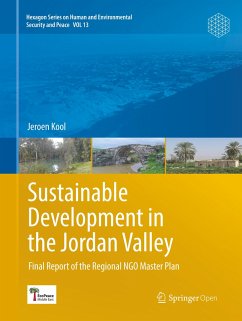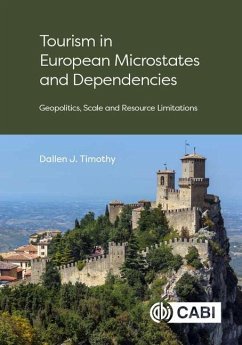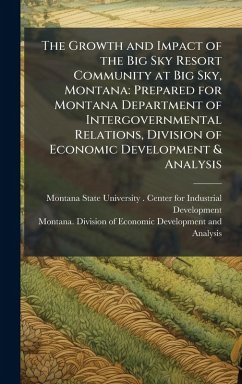
Ecotourism in Appalachia
Marketing the Mountains
Versandkostenfrei!
Versandfertig in über 4 Wochen
35,99 €
inkl. MwSt.

PAYBACK Punkte
18 °P sammeln!
Winner of the The Caudill Prize, recognizing outstanding contributions to reporting Appalachian life and values. Tourism is the world's largest industry, and ecotourism is rapidly emerging as its fastest growing segment. As interest in nature travel increases, so does concern for conservation of the environment and the well-being of local peoples and cultures. Appalachia seems an ideal destination for ecotourists, with its rugged mountains, uniquely diverse forests, wild rivers, and lively arts












